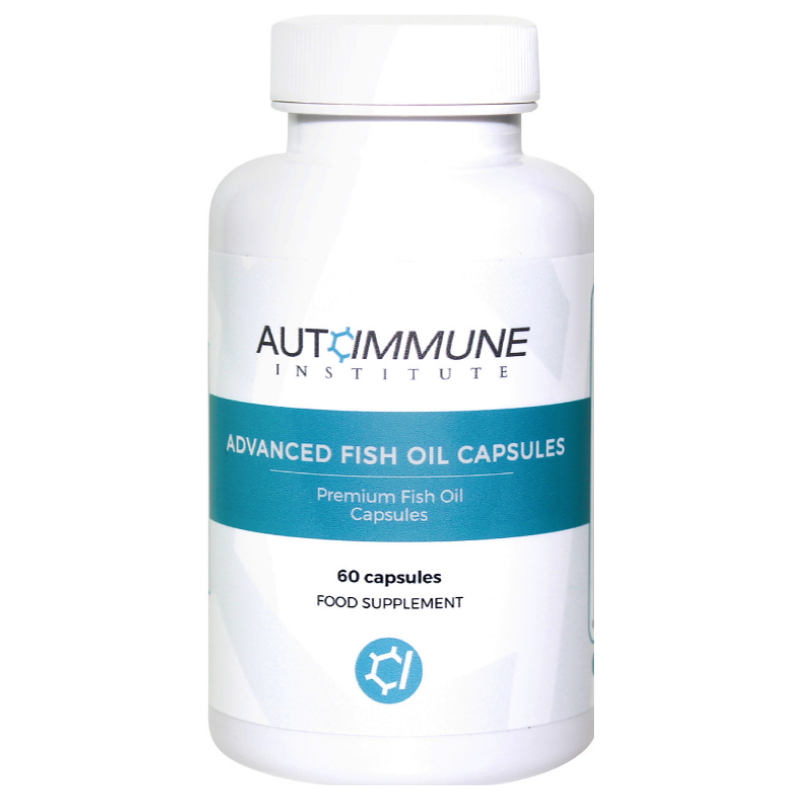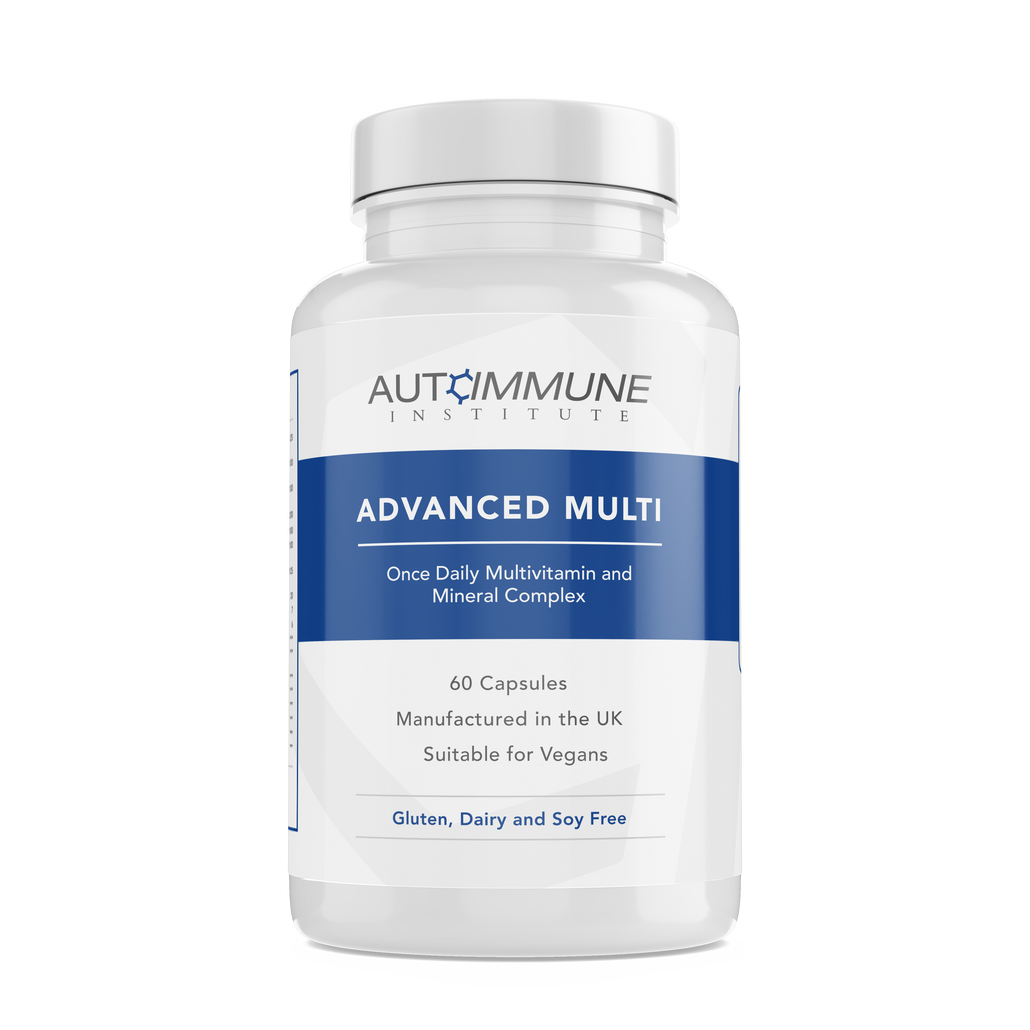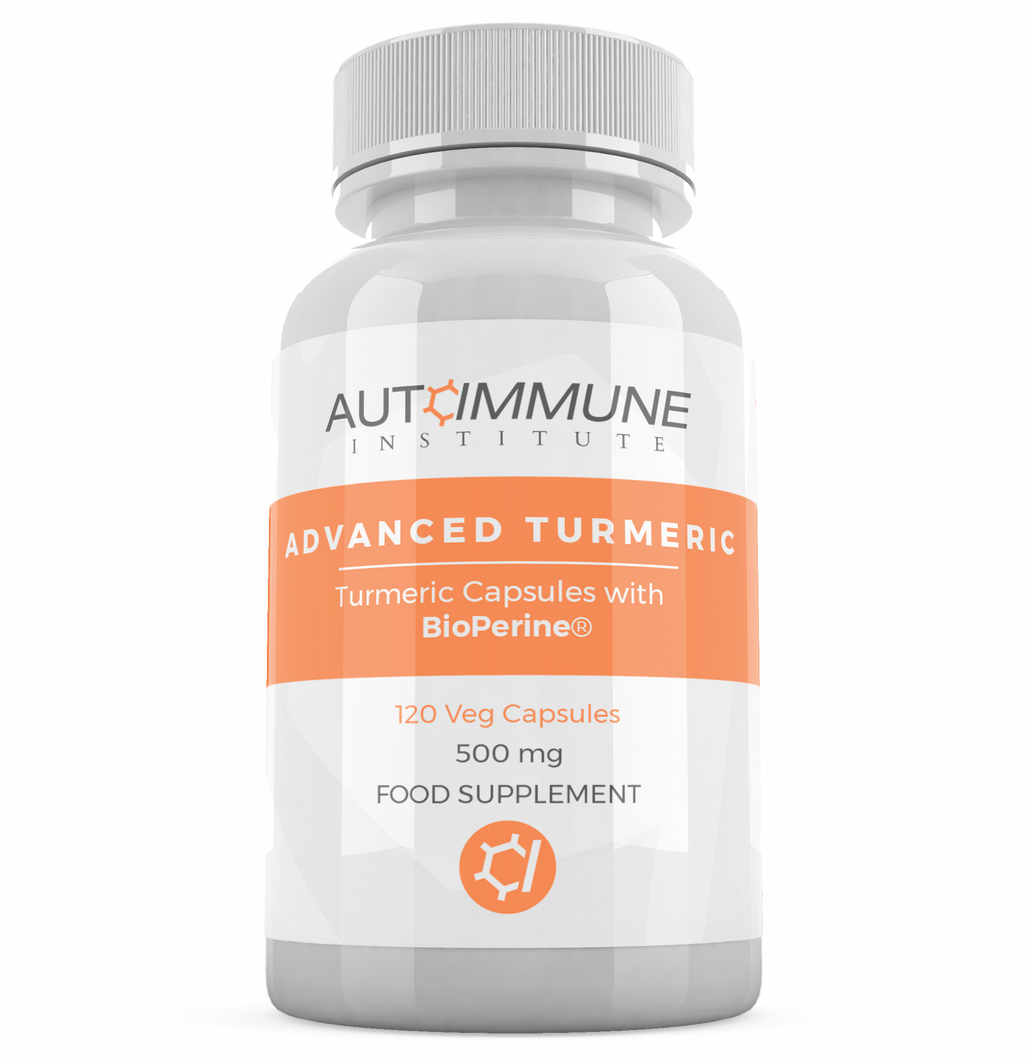- Health Solutions
- All Products
- Ultra Maca *NEW*
- Advanced Collagen V2
- Advanced D3 + K2
- Advanced Deep Sleep
- Advanced Digestives
- Advanced Fish Oil (Capsules)
- Advanced Glucosamine / Chondroitin Complex
- Advanced Lotus Spike Acupressure Mat
- Advanced Magnesium
- Advanced Multi
- Advanced Turmeric
- Advanced Vitality
- Prime FemFlow
- Pure BeeComplex
- Pure Bowel Relief
- Pure Flora V2
- Pure MetaBoost
- Pure Rest + Reset
- Ultra ProSupport
- Gift Cards
- Support
- Sign in
Do You Really Need Supplements?
The supplement world can sometimes be a bit murky, as well as extremely confusing.
Who can you trust? What products are really going to help?
It’s certainly an area where we see people waste a LOT of money.
In many ways it's why we started as a company – to offer things that truly can be beneficial, and that are of a good enough quality for people who care about their health.
There is no denying that the supplement industry is pretty damn huge, with the UK alone spending around £500m a year on supplements.
However, because of this, a large number of companies have entered the market to make some quick cash and are selling, to be quite honest, a lot of rubbish.
These companies rely on your hope, rather than really caring about your health.
We believe that the right supplement, at the right time, for the right person can be extremely beneficial.
But that said, I am and always will be one of the first to say this, many supplements often aren’t needed and aren’t as important as people think they are.
So when are they needed?
Essentially supplements should be used to help return the body to normal function, address its underlying problems, and / or to help the body perform as effectively as is possible.
Supplements are often needed because it is impossible to obtain all necessary nutrients from food alone in today’s world.
These days the food quality is generally not what it used to be and does not have the micro or macro nutrient requirements to return the body to normal function.
Additionally, when someone has underlying problems that need to be addressed (things like high inflammation, poor digestion, leaky gut, infections, bacteria problems, nutrient deficiencies, hormonal imbalances and more) then food alone can rarely address these things and some very specific supplements will be needed.
Now don’t get me wrong, diet is absolutely critical (as well as lifestyle, minimising stress, etc) and very few people I speak to initially are eating anything like what they should be to help them feel as good as they need to.
It’s just that often it can’t do it alone, and supplements can help bridge the gap.
Are they needed forever?
Many of the supplements that we offer aren’t necessarily needed forever.
They are simply needed to get the body back to where it needs to be and once it’s there the supplement use can (sometimes) stop.
Now that doesn’t apply to everything, and certain supplements would be recommended long term…
For example, our Advanced Multi can be a great insurance policy against nutrient deficiencies as so long term use is normally beneficial.
Advanced Flora can provide your body with friendly bacteria which is always important, and magnesium especially is hard to get from the diet alone these days so ongoing supplementation is normally worthwhile.
But not everything is needed forever. We certainly don’t consider our Advanced Candida as being necessarily a long term supplement, for example.
How about quality?
The quality of a supplement is also very important for your health.
Many of the cheaper high street brands will often use very cheap, ineffective, contaminated ingredients in their products that could actually end up harming your health rather than improving it.
You often get what you pay for with supplements (though obviously don’t just use high price as a guide for whether it’s good or not).
How to take them?
When you have identified the supplements to be using (and always feel free to contact us if you’d like some advice) make sure you introduce them properly…
Suppose, for example, that you bought several supplements and started taking them straight away. If the following morning you experienced some unwanted symptoms, you wouldn’t know what supplement caused it, or if you just took the wrong dose.
Therefore, when beginning your supplementation regime, or when introducing new supplements, it is prudent to take a “sequencing and titration” approach.
‘Titration’ is where you will gradually increase the dosage of the supplement over a period of time…
For example, you might start by taking one capsule of a certain supplement, and increase this dosage by 1 capsule each time, up to a specified maximum (assuming there is no reaction in the meantime).
If a certain dosage does create an adverse reaction, then the dosage can be reduced to previous level where no negatives occurred, and it can be maintained at that level. This obviously helps to identify the appropriate dosage for each person.
‘Sequencing’ is when you start using just one product at a time, rather than start using multiple supplements at the same time. In particular, this approach helps to identify any adverse reactions to a specific product.
Sequencing and titration, therefore, help to improve your results while minimising or eliminating adverse reactions.
I know the world of supplements can be a very confusing area, and one where people waste an awful lot of money, so I do hope the information we provide can be of use.
To view our full range then click here https://autoimmuneinstitute.com/pages/store and for more on our Daily Health Bundle click here https://autoimmuneinstitute.com/pages/daily-health-bundle
Follow
* Results Not Typical. All discussion about results on this website are based on individual findings where each circumstance is completely unique and may not be similar or the same as you. These products are not intended to diagnose, treat, cure or prevent any disease. The information on this Web site or in emails is designed for educational purposes only. It is not intended to be a substitute for informed medical advice or care. You should not use this information to diagnose or treat any health problems or illnesses without consulting your doctor.- Products
- Search
- Contact
- Privacy Policy
- Website Terms
- Wholesale
- Ambassador Programme
- Login
- Shipping & Return Policy
© 2025 Autoimmune Institute.
71-75 Shelton Street Covent Garden, London WC2H 9JQ United Kingdom. Wellness Autoimmune Ltd. All rights reserved.






